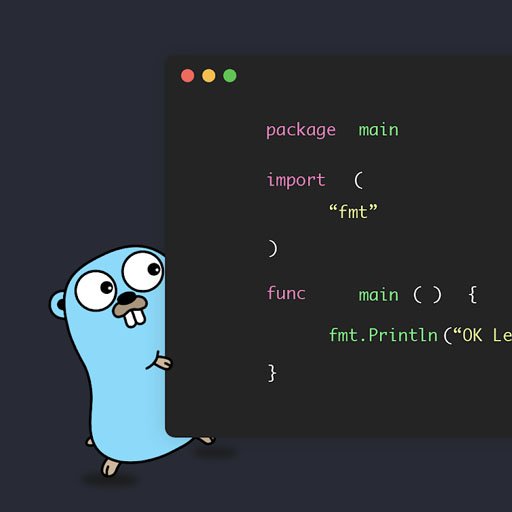Let’s say you’re standing at the edge of your tech journey, wondering which programming languages to pick up this year. Maybe you’re switching careers, maybe you’re just getting started, or maybe you’re trying to level up. If you asked me right now what I’d choose if I were in your shoes, I’ve got some solid thoughts.
Technology moves fast. Like, really fast. One minute everyone’s hyped about web3, the next minute it’s AI taking the spotlight. So choosing the right programming languages isn’t just about trends, it’s about picking tools that open doors and help you build real stuff.
Here’s a no-fluff list of five languages worth learning in 2025, based on practicality, demand, and overall cool-factor.

Python
Let’s be honest! Python isn’t going out of style anytime soon. It’s clean, readable, and beginner-friendly. But don’t mistake simplicity for weakness because Python powers AI, automation, data analysis, backend web dev, and more.
Want to get into machine learning or data science? Python.
Need to automate boring tasks or scripts? Python.
Backend dev with Django or Flask? Python again..

JavaScript
If you want to build for the web, JavaScript is non-negotiable.
This is the language behind interactive websites, client-side magic, and even backend servers (thanks to Node.js). Whether you’re making portfolio projects, mobile apps with React Native, or diving into full-stack dev, JS is your guy.
Also — it’s not just limited to browsers anymore. JavaScript is everywhere, and companies know it.

Rust
Rust has been slowly climbing the ladder for the past few years, and in 2025, it’s seriously one to watch.
Why? It’s fast like C++, but it avoids memory errors and makes safety a priority without sacrificing performance. Big players like Microsoft and Dropbox are already using it for system-level tasks.
If you’re curious about low-level programming, game dev, or even blockchain systems – Rust is a modern, smart choice that’s going to grow even more.

Go (aka Golang)
Designed by Google engineers, Go is like a breath of fresh air for backend developers. It compiles super fast, handles concurrency like a pro (great for multitasking systems), and is easy to learn compared to something like Java.
It’s widely used in cloud services, DevOps tools, and scalable backend systems. If you’re interested in becoming a backend engineer or building microservices, Go will serve you well.

TypeScript
Think of TypeScript as JavaScript… but with superpowers. It adds type safety, which makes your code more predictable and less error-prone — especially in large projects.
TypeScript is already the default in many modern web frameworks (like Angular, and increasingly React too). As web apps become more complex, companies prefer developers who know TS because it makes scaling and maintaining code way easier.
There are so many languages out there — but if you’re starting in 2025 and want to make sure your time is well spent, these five will give you flexibility, job potential, and modern developer cred.
You don’t need to learn all of them at once. Pick one based on what excites you:
Want to automate or analyze? Start with Python.
Dreaming of building slick web apps? JavaScript + TypeScript.
Backend systems and cloud stuff? Go.
Want to play with memory and performance? Rust.
Learn smart, build things, and most importantly — enjoy the process. Because that’s what makes a great developer.
![]()

